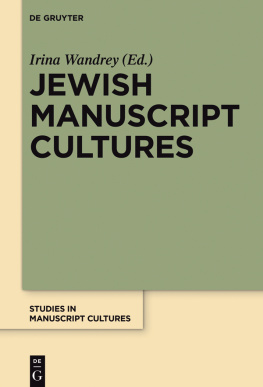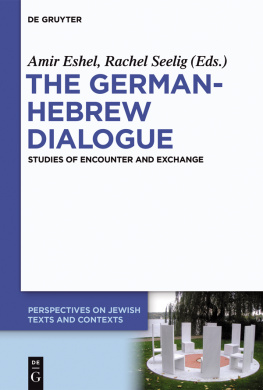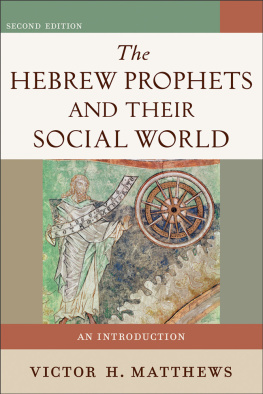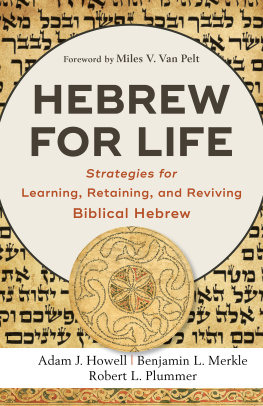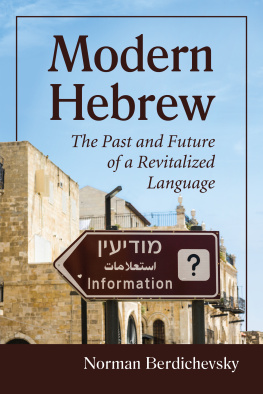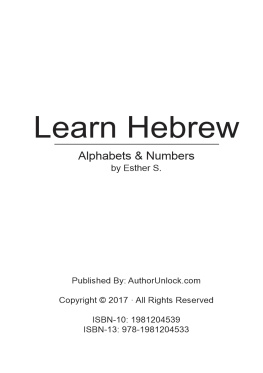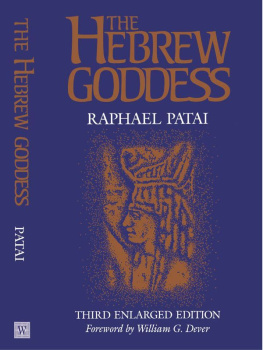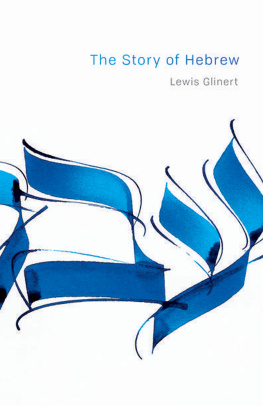
THE SAMUEL & ALTHEA STROUM LECTURES IN JEWISH STUDIES
Samuel Stroum, businessman, community leader, and philanthropist, by a major gift to the Jewish Federation of Greater Seattle, established the Samuel and Althea Stroum Philanthropic Fund.
In recognition of Mr. and Mrs. Stroums deep interest in Jewish history and culture, the board of directors of the Jewish Federation of Greater Seattle, in cooperation with the Jewish Studies program at the University of Washington, established an annual lectureship at the University of Washington known as the Samuel and Althea Stroum Lectureship in Jewish Studies. This lectureship makes it possible to bring to the area outstanding scholars and interpreters of Jewish thought, thus promoting a deeper understanding of Jewish history, religion, and culture. Such understanding can lead to an enhanced appreciation of the Jewish contributions to the historical and cultural traditions that have shaped the American nation.
The terms of the gift also provide for the publication from time to time of the lectures or other appropriate materials resulting from or related to the lectures.
What We Talk about When We Talk about Hebrew
(AND WHAT IT MEANS TO AMERICANS)
Edited by Naomi B. Sokoloff and Nancy E. Berg
A SAMUEL AND ALTHEA STROUM BOOK
UNIVERSITY OF WASHINGTON PRESS
Seattle
What We Talk about When We Talk about Hebrew is published with the assistance of a grant from the Samuel and Althea Stroum Endowed Book Fund.
Copyright 2018 by the University of Washington Press
Printed and bound in the United States of America
Design by Katrina Noble
Composed in Minion, typeface designed by Robert Slimbach
22 21 20 19 18 5 4 3 2 1
All rights reserved. No part of this publication may be reproduced or transmitted in any form or by any means, electronic or mechanical, including photocopy, recording, or any information storage or retrieval system, without permission in writing from the publisher.
UNIVERSITY OF WASHINGTON PRESS
www.washington.edu/uwpress
Ilan Stavanss essay is based on his Stroum Lecture from 2016. An earlier version of the remarks was published in The Michigan Quarterly Review 55, no. 4 (Fall 2016): 591606.
The translation by Alan Mintz of the poem In Praise of the Hebraists in America by Shimon Ginsburg is reprinted from Sanctuary in the Wilderness: A Critical Introduction to American Hebrew Poetry by Alan Mintz. Copyright 2012 by the Board of Trustees of the Leland Stanford Jr. University. All rights reserved. Used by permission of the publisher, Stanford University Press, sup.org.
LIBRARY OF CONGRESS CATALOGING-IN-PUBLICATION DATA
Names: Sokoloff, Naomi B. editor. | Berg, Nancy E. editor.
Title: What we talk about when we talk about Hebrew : and what it means to Americans / edited by Naomi B. Sokoloff and Nancy E. Berg.
Description: Seattle : University of Washington Press, 2018. | Series: The Samuel & Althea Stroum lectures in Jewish studies | Based on a symposium held in 2016. | Includes bibliographical references and index. |
Identifiers: LCCN 2018003451 (print) | LCCN 2018012028 (ebook) | ISBN 9780295743776 (ebook) | ISBN 9780295743752 (hardcover : alk. paper) | ISBN 9780295743769 (pbk. : alk. paper)
Subjects: LCSH : Hebrew languageStudy and teaching (Higher)United StatesCongresses. | Hebrew literatureStudy and teaching (Higher)United StatesCongresses.
Classification: LCC PJ4538.U5 (ebook) | LCC PJ4538.U5 W53 2018 (print) | DDC 492.480071/173dc23
LC record available at https://lccn.loc.gov/2018003451
CONTENTS
Nancy E. Berg and Naomi B. Sokoloff
Dara Horn
Ilan Stavans
Nancy E. Berg
Naomi B. Sokoloff
Wendy Zierler
Hannah S. Pressman
Sarah Bunin Benor
Adam Rovner
Adriana X. Jacobs
Robert Whitehill-Bashan
Michael Weingrad
Alan Mintz
EDITORS NOTE
Several years ago, I was in Texas for a conference and went out with a few of my colleagues, all Israelis. In the back seat of the cab, as we discussed our plans for the evening, the Ghanaian driver asked what language we were speaking, unable to contain his curiosity. Hebrew, we answered. Seeing his confusion, one of us added helpfully, Like in the Bible. Hebrew? he chortled, Like in the Bible?! I realized that he was likely picturing all of us as characters from the Old Testament, having left our camels at the well.
It reminded me once again what an extraordinary feat the revival of Hebrew is: to take a language that lay virtually dormant for two thousand years and to turn it into the mother tongue of millions, the shared vernacular for immigrants from many countries, a source of national identity, and fount of cultural achievement. Speaking for both myself and my coeditor, Naomi Sokoloff, as well on behalf of all of us who have contributed to this volume, and all of us involved in the study, teaching, and writing of Hebrew, I would like to lay claim to being a parthowever minor or marginalof this triumph.
Nancy E. Berg
DECEMBER 2017
ACKNOWLEDGMENTS
This volume would not have been possible, most fundamentally, without those teachers and mentors who guided us and encouraged us to plunge into the sea of Hebrew. Our contributors wish to acknowledge a few of them by name: Robert Alter, Yehuda Amichai, Mr. Bar Noy, Nitza Ben Dov, Meir Benjamin, Edna Coffin, Yael Feldman, Naomi Furman, David Jacobson, Stephen Katz, Rivka Maoz, Tzvia Meir, Alan Mintz, Gaby Metzger, Marcus Moseley, Ilana Pardes, Naomi Schechter, Gershon Shaked, Ruth Wisse, Naama Zahavi-Ely, Yael Zerubavel, and Mrs. Zuckerman. We also salute American Hebraists by choice who have not contributed directly to this collection of essays but who have been invaluable peers and colleagues. We have learned much from them and they leave their impact on this volume through the influence they have had on our thinking and our engagement with Hebrew literature and culture.
In May 2016, the University of Washington hosted both the Stroum Lectures and the related symposium, Hebrew and the Humanities, out of which this book emerged. The Stroum Lectures delivered by Dara Horn and Ilan Stavans appear in this volume in revised form. We wish to express our appreciation for support from the Stroum Center for Jewish Studies; the Simpson Center for the Humanities; Dr. Elie Levy and family; Hannah Pressman; Dana Rubin; Rebecca Steelman; Doria Nelson; the Department of Comparative Literature, Cinema & Media; and the Department of Near Eastern Languages & Civilization. The Department of Jewish, Islamic, and Near Eastern Languages and Cultures at Washington University in St. Louis also contributed. Thanks to Hadar Khazzam-Horovitz, Tovi Romano, Selim Kuru, Joseph Butwin, Russell Hugo, Robert Hoberman, Aviv Ben-Or, and Noam Pianko for their participation in the conference. We also thank the many people who contributed to the pop-up museum exhibit at that conference. Special recognition goes to Richard Isaac and his wondrous collection of Hebrew T-shirts. We greatly appreciate Larin McLaughlin, Michael Baccam, Margaret K. Sullivan, and Katherine Tacke, all of the University of Washington Press, for their expertise, professionalism, and hugely helpful guidance. Thanks, of course, to Doug and Stan.
HEBREW AND THE HUMANITIES
Introduction
Can Hebrew Save the Humanities?
NANCY E. BERG AND NAOMI B. SOKOLOFF


